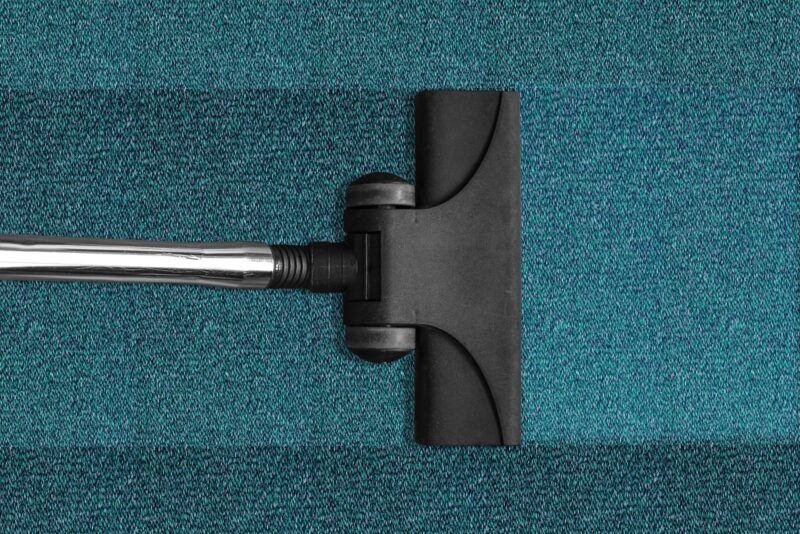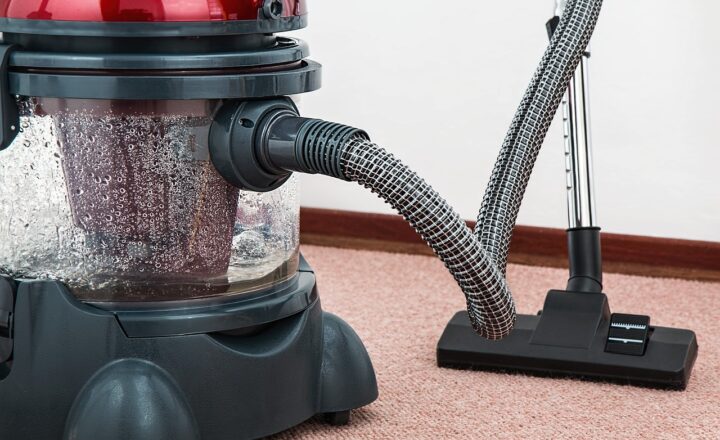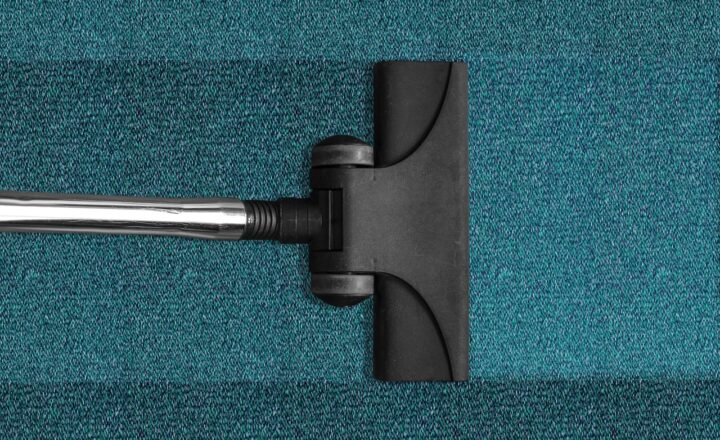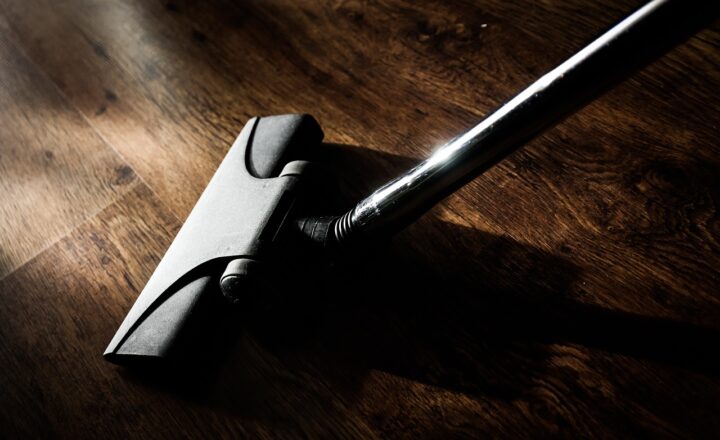Choosing the Ideal Vacuum Cleaner for Allergy Sufferers: HEPA Filters and More
November 13, 2024

For many people, household chores can feel like a burden, especially when it comes to cleaning. However, for allergy sufferers, the right vacuum cleaner can be a game-changer in creating a healthier living environment. Allergens such as dust mites, pet dander, and pollen can wreak havoc on sensitive systems, leading to symptoms like sneezing, itching, and general discomfort. In this article, we’ll explore the characteristics of vacuum cleaners that are especially beneficial for allergy sufferers, focusing on HEPA filters, bagged vs. bagless options, and other features that can help keep your home clear of allergens.
1. Understanding Allergens and Their Impact
Allergens are substances that can trigger allergic reactions, and they can be found in abundance in our homes. Dust mites, pet dander, mold spores, and pollen are just a few examples. When vacuuming, it’s not just about removing dirt; it’s crucial to effectively capture and contain these allergens to improve air quality.
Common allergy symptoms include:
- Sneezing and runny or stuffy nose
- Itchy or watery eyes
- Skin rashes or hives
- Coughing or wheezing
Choosing the right vacuum cleaner can significantly reduce allergen levels in your home and alleviate these symptoms.
2. The Importance of HEPA Filters
One of the most critical features to look for when selecting a vacuum cleaner for allergies is a HEPA (High-Efficiency Particulate Air) filter. HEPA filters can capture 99.97% of particles that are 0.3 microns or larger, including dust, pollen, mold spores, and pet dander.
Here’s why HEPA filters are essential:
- Effective Filtration: HEPA filters trap even the tiniest of allergens, ensuring that they do not escape back into the air while vacuuming.
- Improved Air Quality: Clean air is vital for allergy sufferers, and a vacuum with a HEPA filter can dramatically improve indoor air quality after use.
- Longer Lifespan: Many HEPA filters are washable or replaceable and can last several years, making them a practical choice for your home cleaning routine.
When shopping for a vacuum cleaner, ensure that it prominently features a HEPA filter, and take note of the filter maintenance requirements.
3. Bagged vs. Bagless Vacuum Cleaners
Vacuums come in two primary styles: bagged and bagless. Each style has its pros and cons, particularly for allergy sufferers.
- Bagged Vacuum Cleaners: These vacuums trap dust and allergens in a bag, allowing for easy disposal without releasing particles back into the air. If you are worried about allergens escaping during the emptying process, a bagged vacuum may be your best choice. Additionally, the space enclosed within the bag can confine debris effectively until disposal.
- Bagless Vacuum Cleaners: While these are often more convenient and cost-effective, they can be problematic for allergy sufferers. Emptying the dust container can expose you to allergens, which defeats the purpose of the vacuum cleaning. If you choose a bagless model, look for one with a sealed system that minimizes leaks when emptying.
In summary, if allergies are a concern, a bagged vacuum cleaner generally offers better containment of allergens during disposal.
4. Additional Features to Consider
In addition to HEPA filters and bagged designs, consider vacuum cleaners with other features that can enhance allergy control:
- Sealed Systems: Look for models that have a sealed system which prevents air leaks, trapping allergens within the vacuum and keeping them from being released back into your home environment.
- Powerful Suction: Effective suction is crucial for deep cleaning carpets, floors, and upholstery. Models with adjustable suction settings allow you to adapt the power based on the surface you’re cleaning, improving efficiency and effectiveness.
- Tools and Attachments: Assess whether the vacuum comes with specialized tools such as a pet hair attachment, soft brushes for delicate surfaces, or crevice tools to reach tight corners. These can help tackle allergens confined to tricky spaces.
- Noise Level: A quieter vacuum can facilitate a more enjoyable cleaning experience, encouraging regular cleaning habits, which is crucial for managing allergies effectively.
- Smart Features: Some modern vacuums come with smart technology, allowing you to customize cleaning schedules or monitor performance, which can help create a more efficient cleaning routine.
These additional features can ease the cleaning process and enhance the vacuum’s effectiveness in capturing allergens.
5. Maintenance Tips for Allergy-Friendly Vacuuming
Owning an allergy-friendly vacuum cleaner is just the first step. Proper maintenance is key to ensuring maximum effectiveness in combating allergens:
- Change or Clean Filters Regularly: Follow the manufacturer’s recommendations for maintaining HEPA filters. Depending on usage, dirty filters can become less effective and may even release allergens back into the air.
- Empty Bags or Containers Promptly: For bagged models, replace bags when they are full. For bagless models, empty containers immediately after use outside the house to minimize allergen exposure.
- Check for Blockages: Frequently inspect hoses and brush rolls to ensure they are clean and free from clogs, which can impede suction and trap allergens inside the vacuum.
- Regularly Clean Brushes and Attachments: Hair and dirt buildup on brushes and attachments can reduce performance. Clean them regularly to ensure the vacuum operates at its best.
By maintaining your vacuum cleaner properly, you can ensure its longevity and effectiveness in combatting allergens.
Conclusion
When choosing a vacuum cleaner for allergy sufferers, prioritize features like HEPA filters, bagged designs, and sealed systems for the most effective allergen control. Other beneficial features, such as powerful suction and specialized attachments, contribute to a cleaner, healthier home.
Remember that proper maintenance is key to ensuring that your vacuum remains effective in the long run. Cleaning can be made less daunting with the right tools and practices while keeping your home allergen-free. With thoughtful choices and consistent care, you can create a cleaner and healthier living environment that supports your well-being and minimizes allergy symptoms.
Arming yourself with the right knowledge will make all the difference in finding a vacuum cleaner that meets your needs for allergen elimination and overall cleanliness in your home.






